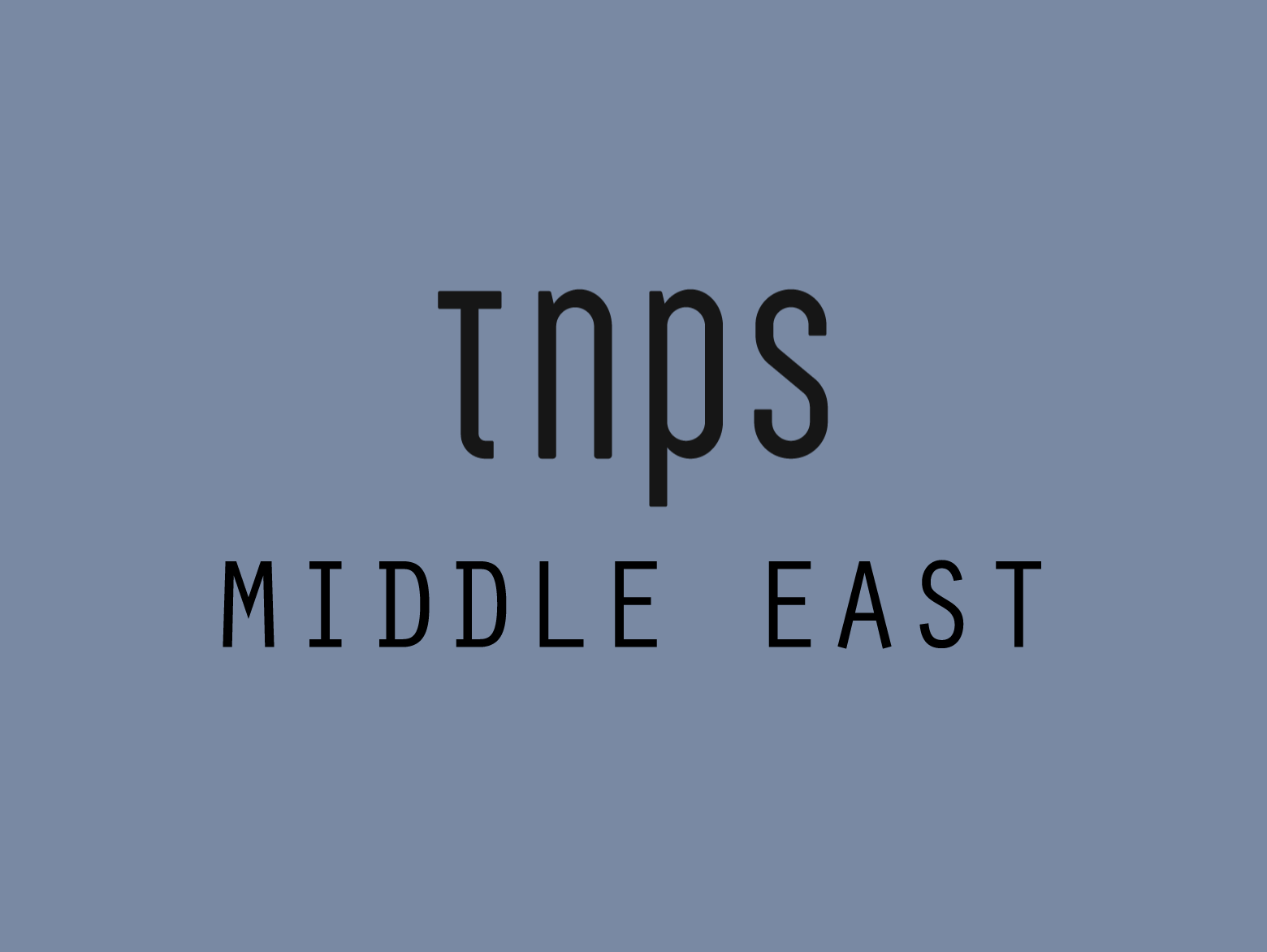Press-release news is an important part of the publishing industry media’s role, but especially where the big corporate publishers are concerned, the industry media needs to occasionally take a step back and look beyond the fancy wording and industry niceties and ask about the other side of the story.
Most of what happens in Australia stays in Australia, especially publishing news. But when PRH makes an acquisition down under, this is apparently important for us up top to know about.
So naturally the PRH Australia acquisition of Melbourne Text Publishing, complete with pret-a-porter press release, was irresistible to the industry news up over.
The acquisition of independent Melbourne-based publisher Text Publishing by Penguin Random House Australia (PRHA) has sparked significant debate within the Australian publishing industry.
Reading the northern hemisphere industry press, you could be forgiven for thinking this has been well received across the Australian publishing industry. Check out the coverage from The Bookseller, Publishing Perspectives and Publishers Weekly as examples.
Text Publishing, home to high-profile authors such as Helen Garner, Michelle de Kretser, and JM Coetzee, will continue to operate independently under its new ownership, with no planned job losses, the press release assures us.
But not everyone is so complacent.
Over at ABC, Nicola Heath takes a look at local reaction, and I summarise part of her article below as part of this op-ed making a wider point about industry reporting responsibilities.
Concerns Over Industry Consolidation
While Text publisher Michael Heyward assures that the essence of Text Publishing will remain intact, the move has caused alarm among some industry professionals. They argue that the consolidation of the Australian publishing industry could further harm a literary scene already challenged by underfunding and declining national reading rates.
Financial Pressures on Independent Publishers
Heyward highlights the increasing costs of printing and the rise of Amazon as significant challenges for Australian publishers. The decision to sell was motivated by a desire to preserve Text Publishing’s legacy and ensure its future in an increasingly difficult market. Nothing to argue with there.
Recent Acquisitions
But the acquisition of Text Publishing is the latest in a series of takeovers of small and independent Australian publishers by larger firms. In 2024, Simon & Schuster acquired local indie publisher Affirm Press, and Hardie Grant bought fellow indie Pantera Press.
Not that you’d know it from northern hemisphere coverage, but these consolidations have raised concerns about the impact on the diversity and independence of the literary landscape in Australia.
The Role of Small Publishers
Per Heath’s report, Dr Ben Eltham, a lecturer in media and communications at Monash University, emphasises the critical role of small and independent publishers in nurturing young talent and bringing new voices into the literary scene. Dr Millicent Weber of the Australian National University notes that small presses have dominated literary prize shortlists and book review pages in recent years. The value of indie presses lies in their reputation, relationships within the industry, and their extensive catalogue of titles.
Impact on Diversity and Innovation
The recent takeovers are seen as potentially reducing opportunities for authors to be published. Dr Weber warns that the trend towards larger companies taking over independents may lead to greater homogenisation and a focus on commercial imperatives, rather than diverse and creative works. Concerns also extend to the precarious nature of employment within the publishing industry.
Financial Challenges and the Role of Government
Publishing in Australia is described as a “perennially underfunded and low-income industry.” The leading cause of headaches for independent publishers, according to Martin Hughes, co-founder of Affirm Press, is cash flow. Funding from bodies like the Australia Council of the Arts has been crucial for publishing culturally important but not necessarily commercially viable books. However, recent funding cuts have exacerbated the challenges faced by indie presses.
A Memo to the industry Media
The consolidation of the Australian publishing industry raises important questions about the future of literary diversity and innovation, as Nicola Heath rightly notes, but also about our collective media coverage.
Press-release news is an important part of the publishing industry media’s role, but especially where the big corporate publishers are concerned, the industry media needs to occasionally take a step back and look beyond the fancy wording and industry niceties and ask about the other side of the story. And nowhere more so than where corporate acquisitions are concerned.
While acquisitions by larger firms can and do provide financial stability and resources, there is a risk of losing the unique contributions and voices nurtured by independent publishers.
This post first appeared in the TNPS LinkedIn newsletter.




